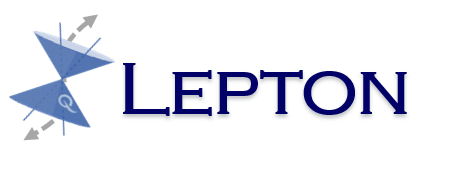Lepton Pharmaceuticals, a pre-commercial-stage biopharmaceutical company focused on discovery and development of novel treatments for unmet medical needs, exploiting the subtle silencing of coding RNA expression by noncoding RNA molecules microRNA (miRNA) , and small interfering RNA (siRNA) is pleased to announce that it completed the national phase filings for its international patent application PCT/IL2021/05142 covering its breakthrough gene editing based Castling technology for oncology indications.
The international patent PCT/IL2021/05142 entitled METHODS FOR ENHANCING THERAPEUTIC EFFICACY OF ISOLATED CELLS FOR CELL THERAPY filed December 1, 2021, was extended worldwide/filed in all major countries of the world.
The patent family covers Lepton’s breakthrough Castling technology, which is, in essence, the manipulation/engineering of miRNA expression for enhanced efficacy and longevity of several immune cells, initially for improved CAR T cells performance in cancer therapies. Lepton’s Castling Technology provides a breakthrough solution and paves the way to produce superior CAR T cells and potentially other immune cells, by manipulating the expression of a few miRNAs that regulate T-cell or potentially other immune cells function through targeting the mRNAs encoding for T-cell effectors and many immune checkpoint genes. The Castling approach utilizes the natural effect of the cancer cells on the expression of immune cells microRNAs, that is aimed at the evasion and suppressing of the immune cells attack against the cancer. It does so, by using smart (T or CAR T-cell) gene editing in which miRNAs that are beneficial for the cancer cells are replaced with miRNAs that are detrimental for the cancer cells.
The important added value of the Castling Technology is that it should resolve the major drawback of current CAR-T treatments – T-cells exhaustion.
Exhaustion is a common issue in CAR-T cells (as well as other immune cells) that devastates their functions and is a major limitation to their efficacy whether autologous or allogeneic, and, in particular, in the application of CAR-T cells for treatment of solid tumors.
In addition, and most importantly, the Castling Technology could be of enormous benefit when applying it to solid tumors and other immune cell therapies, currently in development stage, such as iPC CAR-T-cells, NK cells or macrophages.
This revolutionary new pillar in cancer treatment has significant advantages over current cell therapies, including cost effectiveness, safety, potential to reach higher effectiveness and T-cell persistence, as well as versatility. It is potentially applicable not only to autologous T-cell therapy but also to allogeneic T-cell therapy, as well as tumor infiltrating leukocytes (TIL), Regulatory T-cells, Natural Killer T-cells (NK cells), and other cell-based therapies. Moreover, the identity and the number of the miRNAs to be manipulated by the Castling technology may differ depending on tumor type and target cells, thus enabling a tailored made treatment to different types of cancers.

